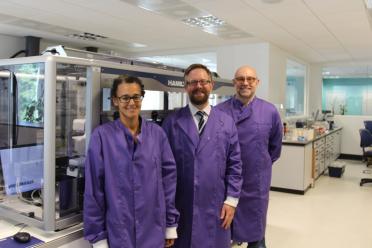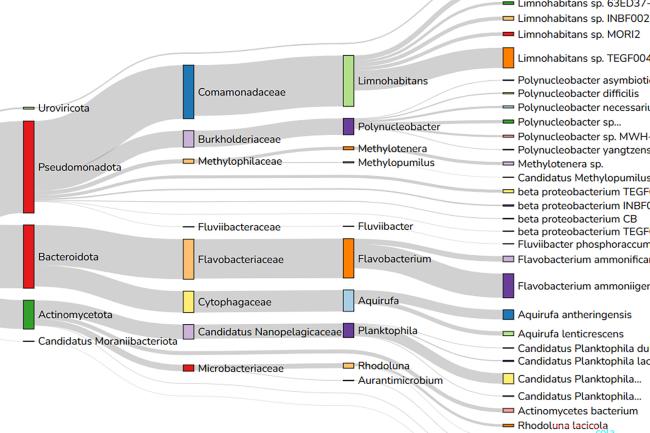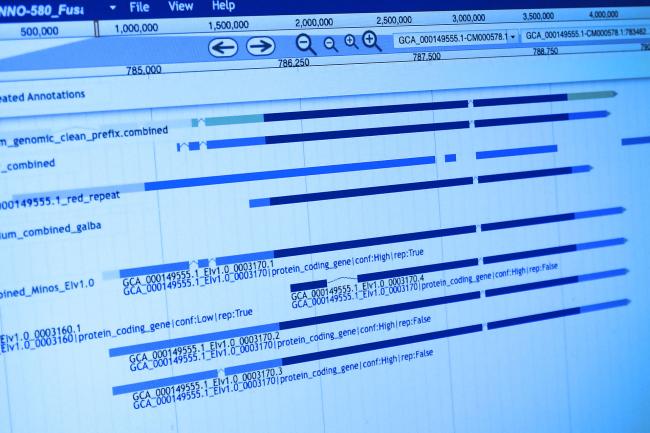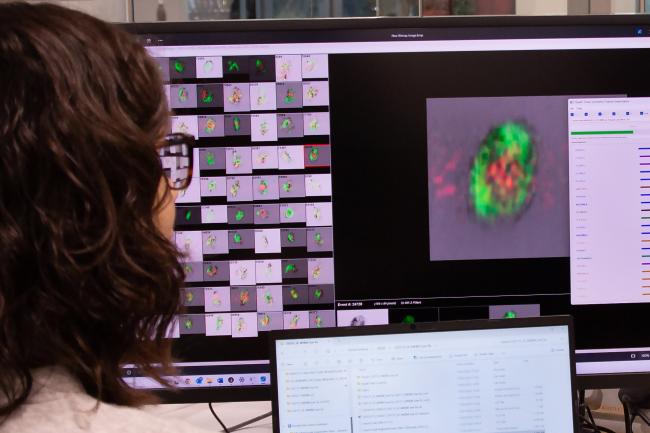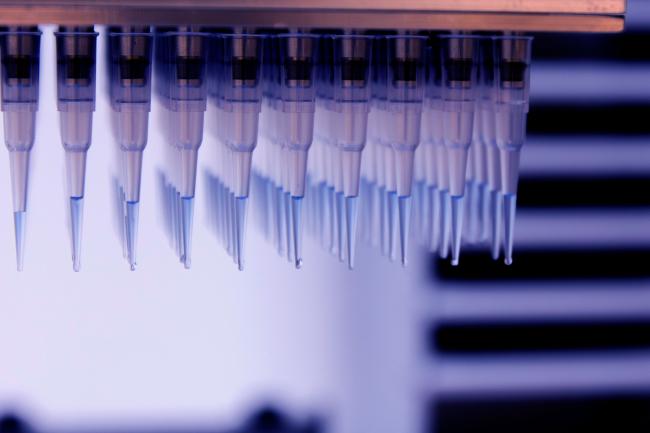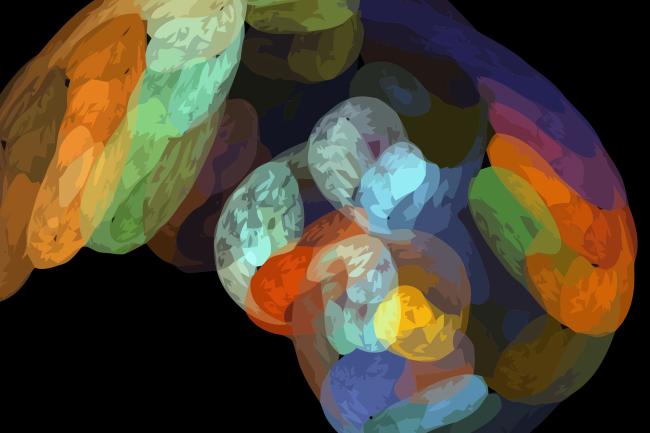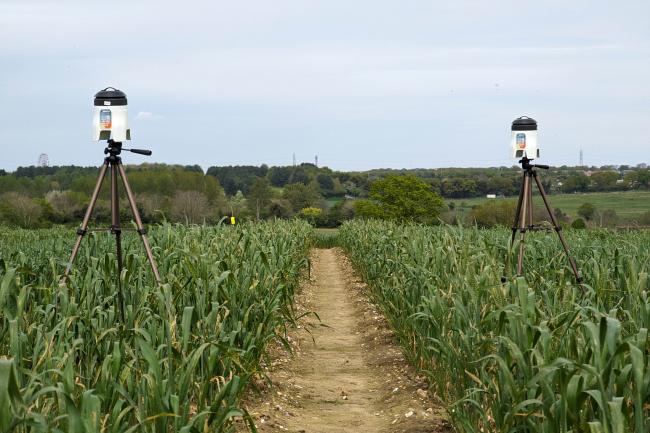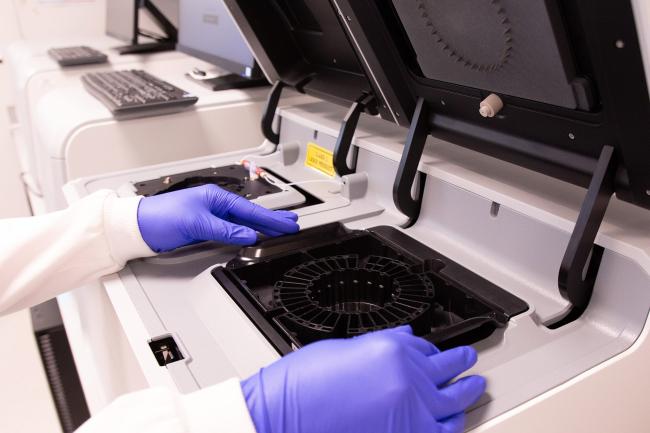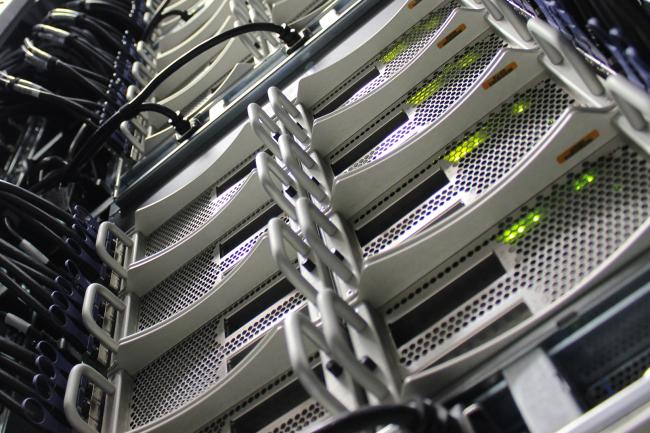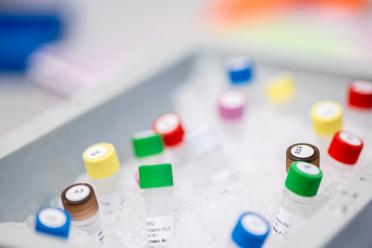
Synthetic biology is a ground-breaking field of research that applies engineering principles to biology and biotechnology. It uses skills from multiple scientific disciplines, including mathematical modelling, engineering, programming, automation, biology,
Dr Nicola Patron, Leader of the new Synthetic Biology Group at EI, said: “The Foundry was set-up to enable us to pursue the development of bio-based products and processes that can provide sustainable and resource-efficient solutions to challenges such as the production of sufficient quantities of safe and affordable food, chemicals, materials, energy, and health products for the growing global population.”
Underpinning Synthetic Biology is the ability to program cells by providing them with new DNA instructions. The DNA Foundry at EI provides a super-efficient, automated DNA assembly platform that assembles synthetic molecules at nanoscales, reducing time, effort and cost.
EI’s world-leading DNA sequencing capabilities will verify the accuracy of the DNA assemblies produced in the Foundry and provide data about how the assemblies function in cells. Alongside this, EI’s capabilities in bioinformatics and high-performance computing will aid the design process.
“A few years ago, the major bottleneck for bioengineering was the building of DNA molecules. The automation of new molecular biology technologies at facilities such as the
“Right now were are working on methods for measuring outputs from designed genetic circuits (DNA molecules containing several genes that together produce a specific product or behavior) and analysing the data we collect so that we can improve our designs.”
“As we get better at understanding how DNA sequences relate to biological function we will improve our understanding of living organisms and can apply this to sustainable bio-based production. This is going to be of particular importance for the low-cost, high-scale production of drugs,
